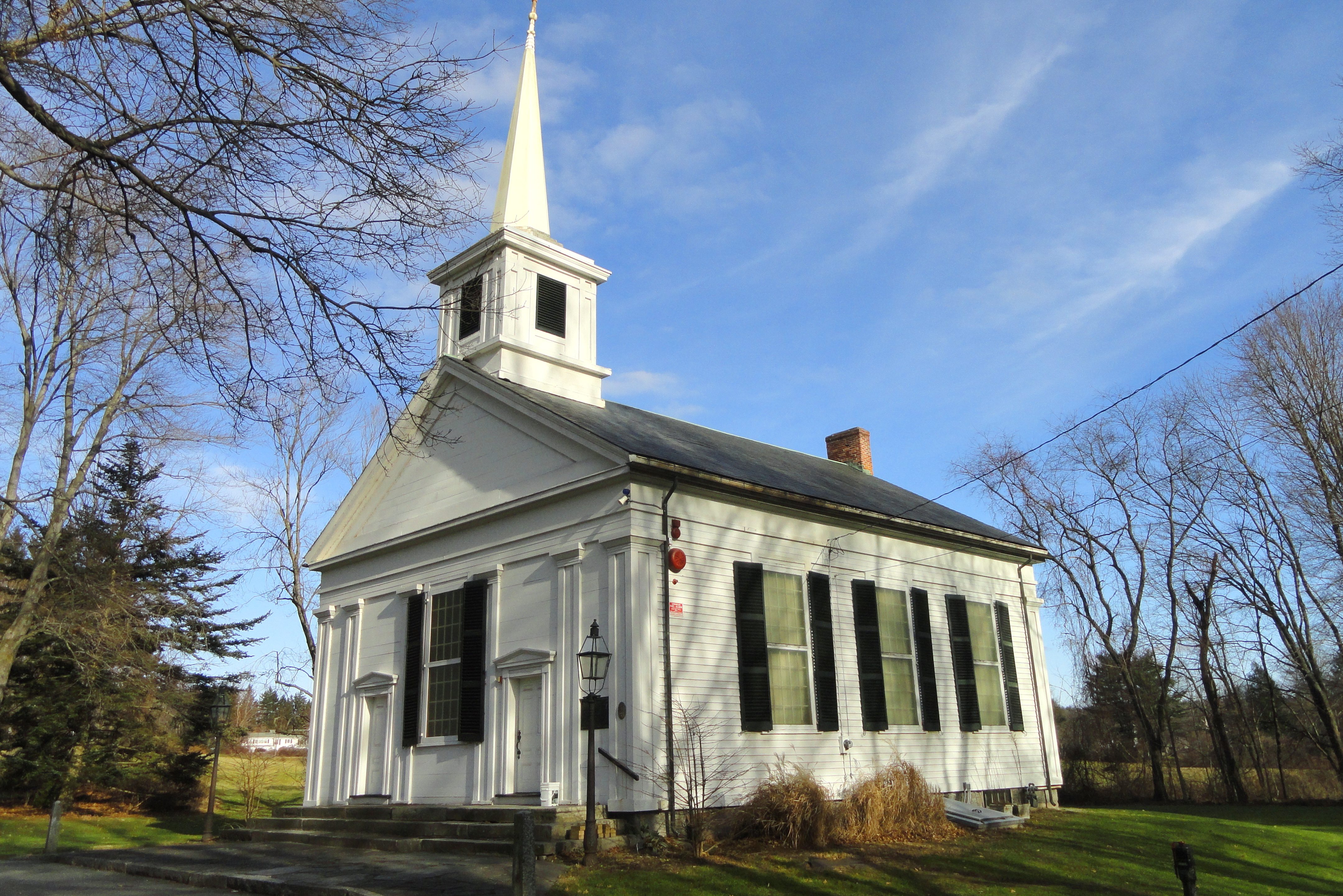Three Things We Can Do About The Court Ruling on Sports Betting
 On Monday the U.S. Supreme Court ruled states can legalize sports betting.
On Monday the U.S. Supreme Court ruled states can legalize sports betting.
The decision sets the stage for states like Arkansas to become awash in a sea of gambling. State law already generally prohibits betting on ballgames and other sporting events, but gambling interests likely will start lobbying heavily to have those laws changed.
Some of our friends are asking what they can do about this court ruling. Here are three things:
1. Oppose Casino Amendments in Arkansas
At least two constitutional amendments legalizing casino gambling in Arkansas are vying for a spot on the November ballot. Casino proposals rejected in the past would have allowed any form of gambling that is legal in Nevada.
Sports betting is legal in Nevada right now. If our laws let casinos in Arkansas offer the same forms of gambling that casinos in Las Vegas offer, then that would include sports betting.
Opposing any casino amendments in Arkansas is one way we can ensure sports betting doesn’t work its way into our state.
2. Encourage the Legislature to Oppose Sports Betting
The racetracks at Oaklawn and Southland already offer casino-style games, and last December consultants for the State of Arkansas floated the idea of letting them offer sports betting as well.
We need to encourage our legislators not to authorize sports betting at Oaklawn or Southland.
3. Encourage Our U.S. Senators and Congressmen to Regulate Sports Betting
The U.S. Supreme Court’s ruling struck down a federal law that effectively gave Las Vegas a monopoly on sports betting in America, but it left the door open for Congress to restrict and regulate sports betting through other federal laws. All four professional sports leagues — the NBA, NFL, National Hockey League, and Major League Baseball — as well as the NCAA oppose sports betting.
We need to encourage our congressmen to regulate sports betting as much as they possibly can.
Here’s Why We Need to Oppose Sports Betting
Sports betting in particular poses a problem, because of its appeal to young people who are more likely to develop a gambling problem.
Sports betting also threatens to undermine the integrity of collegiate and professional sports. Many sports programs work hard to maintain family-friendly environments that young and old alike can enjoy. Sports betting threatens to corrupt those family-friendly programs. That is one reason so many leagues have opposed efforts to legalize sports betting.
As a whole, gambling is a blight on the community. It is linked to homelessness, domestic violence, divorce, and a host of other issues. Problem gambling and gambling addiction tear families apart. Arkansas already has enough trouble from gambling. We don’t need any more.
Photo Credit: The original uploader was Bobak at English Wikipedia (Transferred from en.wikipedia to Commons.) [CC BY-SA 2.5 (https://creativecommons.org/licenses/by-sa/2.5)], via Wikimedia Commons



 In April the American Culture and Faith Institute
In April the American Culture and Faith Institute 
 Below is a press release from our public policy partner, Family Council Action Committee, regarding a contribution it received exclusively for its campaign against Issue 1. As you may know, Family Council Action Committee is a separate organization from Family Council. We appreciate our friends across the state who are helping Family Council fight abortion, and do all the other good work we have always done. Contributions Family Council Action Committee receives to oppose Issue 1 do not help fund Family Council’s work fighting abortion, promoting religious liberty, defending marriage, or assisting home schoolers. Family Council needs your ongoing financial support to enable us to continue doing all the good work you have known us for over the past 30 years.
Below is a press release from our public policy partner, Family Council Action Committee, regarding a contribution it received exclusively for its campaign against Issue 1. As you may know, Family Council Action Committee is a separate organization from Family Council. We appreciate our friends across the state who are helping Family Council fight abortion, and do all the other good work we have always done. Contributions Family Council Action Committee receives to oppose Issue 1 do not help fund Family Council’s work fighting abortion, promoting religious liberty, defending marriage, or assisting home schoolers. Family Council needs your ongoing financial support to enable us to continue doing all the good work you have known us for over the past 30 years.